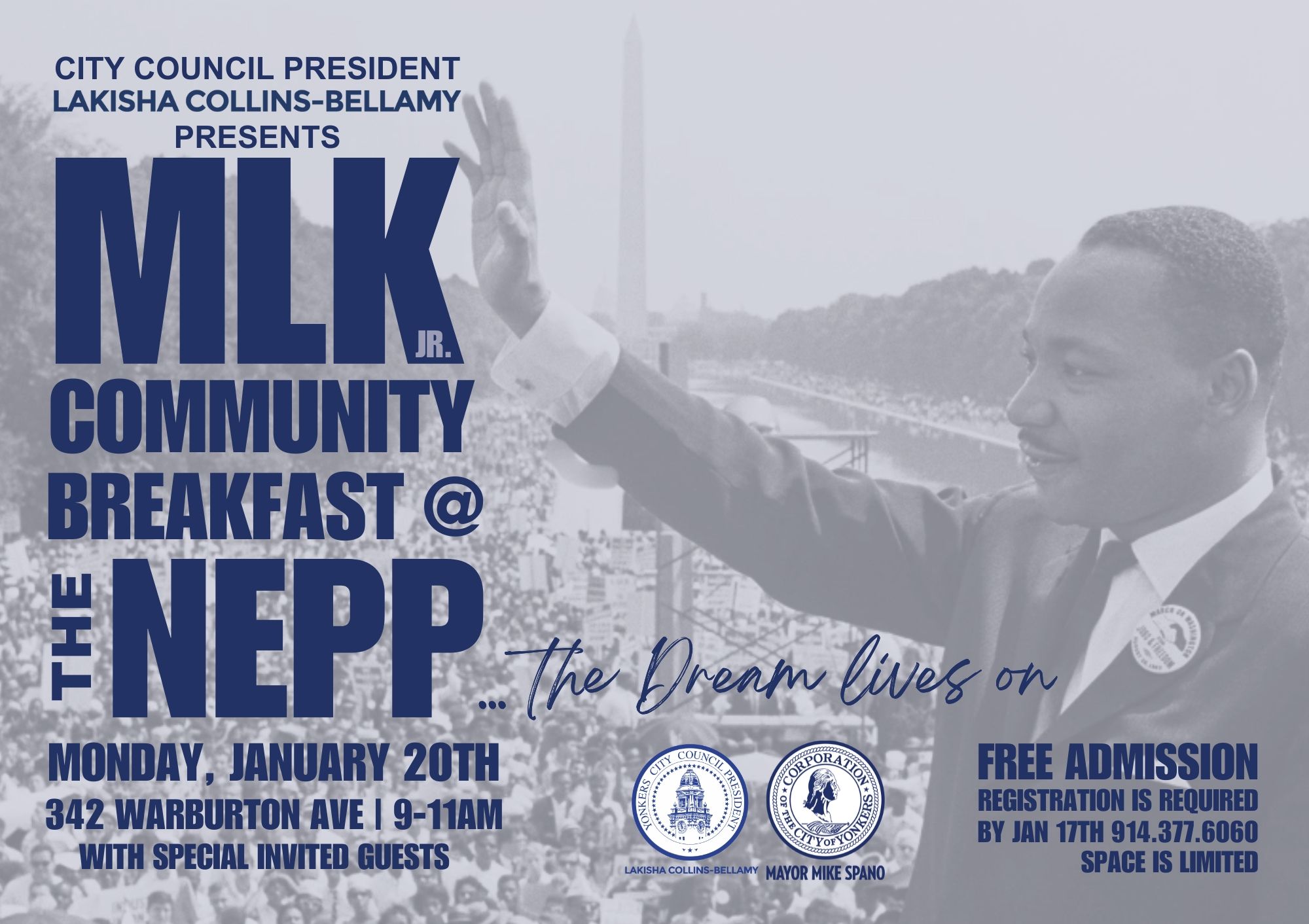“The Arc of the Moral Universe is Long, But Bends Toward Justice” Dr. Martin Luther King, Jr.
Race is still a problem in the 21st Century manifested economically, socially, educationally, and in many other ways. America’s long history of racial injustice has produced substantial differences between Black and white students in most measures of educational potential and performance.
Diversity inside higher education does not represent a national consensus. The use of race as a factor in college admissions is waning. The fact is that being “Black” in America places one at a substantial disadvantage in one’s life prospects. This is contrary to any basic notion of equality of opportunity or equal life chances. The disadvantage of African Americans is a legacy of explicit racism and discriminatory policies. Affirmative action is necessary because the negative effects of racism persist that affect minorities daily in their personal and professional lives.
The American Dream
With the election of President Obama in 2009, black millennials were encouraged in the belief of the American dream. This belief is based on that hard work will provide a seat at the table. But, the envisioned path of upward mobility is proving impassable. Persons of color are still grappling with the enduring legacy of institutional racism and systemic discrimination. Elite and ordinary whites have racially framed and organized American society to prevent access to real liberty and socioeconomic advancement for people of color. From the beginning, affluent white men have constituted almost all the top positions including the White House. Consider the action that had to be taken by the U. S. Supreme Court that whites automatically enjoy at birth:
1938 Missouri ex rel Gaines v Canada – Missouri violated the 14th Amendment & required to admit Lloyd Gaines to the Univ. of Missouri Law School.
1948 Shelley v. Kraemer – prohibits racially restrictive housing covenants.
1948 Sipuel v. Oklahoma – challenged the segregation policies at the Univ. of Oklahoma.
1950 Sweat v. Painter – challenged the separate but equal doctrine of racial segregation. Heman Sweat was admitted to the University of Texas Law School.
1950 McLaurin v. Oklahoma – public institutions of higher learning could not provide different treatment to a student solely because of race.
1954 Brown v. Board of Education – segregation in public schools is inherently unequal.
1964 Civil Rights Act – ended segregation in public places and banned employment discrimination.
1965 Voting Rights Act – signed into law by President Lyndon B. Johnson.
1967 Loving v. Virginia – laws prohibiting interracial marriage were unconstitutional.
1968 Fair Housing Act – signed by President Lyndon B. Johnson.
Manipulation
The above cases are only a small number of legal actions in which persons of color had to fight for to secure basic and fundamental rights. This white birthright of privilege exists from the cradle to the grave – not so for African Americans. A majority of ordinary whites have allowed themselves to be adeptly manipulated by the elite. Powerful whites have assisted ordinary whites in thinking that persons of color are the reasons for their socioeconomic problems. Even women are oppressed by white male elites. The social cost of systemic racism and sexism are great and deep. Racial and gender subordination creates diminished creativity, unfair competition, unjust enrichment, and massive violations of fundamental human rights.
Notwithstanding that African Americans have experienced unprecedented success individually, including the election and reelection of a black president of the United States, the Supreme Court has significantly slowed the pace of racial progress. Beginning with the school case Milliken v Bradley, the busing of public-school students across district lines and the Univ. of California v Bakke outlawing specific racial quotas in college admissions.
My purpose in writing this article is to educate the reader on how America was built and operates. Education is still the key to upper mobility but education alone will not fully eliminate institutional racism and systemic discrimination.
Black Experience
The black experience in America in the face of egregious discrimination is based on a strong faith and hope. For example, the late Jake Gaither famed football coach at Florida A&M University, had a newspaper article that he saved from a black newspaper published around America’s entry into World War I. It expresses unshakable faith, hope, and patriotism that rings true to this very day:
“We go to make the world safe for Democracy. We are going in spite of discrimination and prejudice, we are going in spite of mob violence, we are going in spite of Jim Crowism, we have no bitterness, no hate is surging in our breasts, even though these injustices cry out to high heaven, our faith is steadfast, our hearts beat true. It is our hope that out of this awful struggle a true Democracy will rear its altar giving out shining hope and promise to the black man in America, a real Democracy that knows no creed nor color… a Democracy which shall fold its protecting mantle about the shoulders of all men.”
In 1952 Gaither addressed the black workforce of a wood pulp company:
“I want to talk to you not as Negroes but as American citizens who have a glorious past and a rich and fertile future in the development of this great country. This is your land. The country that you helped build and develop. The country that you must live and die to protect. You are somebody. You are an American. I love to think of my people fighting in the war of Revolution – giving birth to the greatest democracy the world has ever known. I like to think of my people following Teddy Roosevelt in the battle of San Juan Hill. I like to think of the part my people played in the War to Save the Union. I like to think how valiantly my people fought in the Argonne Forest of the First World War. I like to think of the courageous stand of my people in the Battle of the Bulge. I like to think of the glorious history the Negro has.” (Samuel G. Freeman, Breaking the Line, 2013 P.24-26)
African-American history is America’s history. The very fabric of our country has been formed by the outstanding contributions of African Americans in many fields.
My mission in life is not merely to survive but to thrive and to do so with some passion, some compassion, some humor, and some style.
About the Author: James A. Johnson is an accomplished trial lawyer and an active member of the Massachusetts, Michigan, Texas, and Federal Court Bars. Jim concentrates on serious Personal Injury, Insurance Coverage, Sports & Entertainment Law, and Federal Criminal Defense. He can be reached at www.JamesAJohnsonEsq.com
The article originally appeared in the February 15, 2020 issue of Black Westchester Newspaper.







